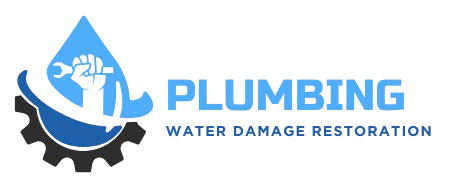Plumbing problems arise for all sorts of reasons, and when they're localized to your house, you need to determine what type of problem you've got—that is, you need to accurately diagnose it—before you can figure out what kind of plumber, if any, you should call.
The nice thing about residential plumbing is that it's mostly pretty standard across the United States. Most houses are plumbed in fairly similar ways, and most plumbing fixtures—even the ones considered to be breakthroughs in plumbing tech—are regulated enough that local plumbing pros can handle them without too much fuss. By and large, the kinds of plumbing problems homeowners run into are also the kinds of problems most plumbers have seen over and over again.
Plumbing at the commercial level involves much larger and more complex systems compared to residential plumbing. These systems are found in businesses, industrial facilities, and large, multi-unit residential buildings. When working at this scale, qualified personnel must provide the knowledge and understanding of both basic and unique structural hydraulic principles to properly direct the flow of water and wastewater to achieve the desired results. Some commercial plumbers also work on the installation and servicing of large, complex drainage, sewer, and other waste-heat systems. Besides having the expertise to work on such systems, commercial plumbers are also well-versed in the local codes, ordinances, and regulations that apply to such work.
Plumbing problems sometimes occur at the least convenient times and can cause serious damage if not addressed immediately. For these urgent situations, emergency plumbers are available 24/7 to restore order to your plumbing system and your home. While some issues can truly wait until regular business hours without creating chaos or endangering life and limb, other "emergencies" are really just plumbing problems that could be scheduled for service during the week. When you call an emergency plumber, ask yourself: Is what I'm calling about really a plumbing emergency? Or could it actually wait a few hours and still be fixed in a timely enough manner that it won't create the plumbing version of a health hazard?










